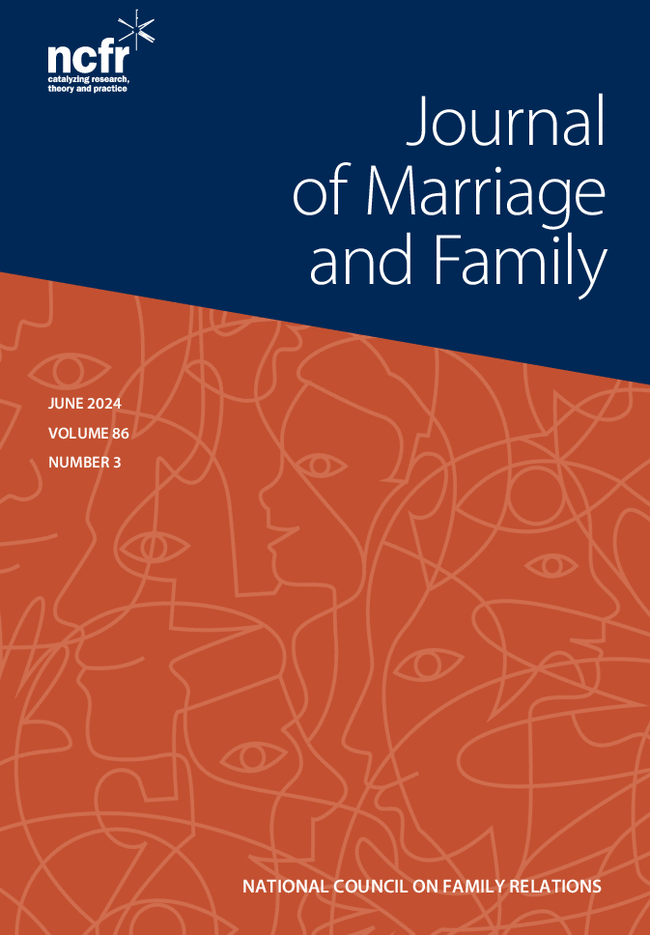A typology of US parents' mental loads: Core and episodic cognitive labor
Abstract
Objective
This article examines whether domestic cognitive labor functions like other forms of domestic labor as a means to “do gender.”
Background
Domestic cognitive labor is increasingly conceptualized as the invisible thinking work associated with childcare and housework. A critical question for this growing literature is the gender distribution of cognitive labor tasks: do women do it all, or does domestic cognitive labor follow similar patterns to other forms of domestic physical labor (e.g., childcare and housework), cleaving by separate spheres of activity? In this regard, is domestic cognitive labor another way parents “do gender” at home?
Methods
Applying unique survey data from a sample of US parents (N = 3000), we assess a 21-item battery measuring different domestic cognitive labor tasks. We first apply exploratory factor analysis and confirmatory factor analysis to identify whether domestic cognitive labor holds underlying constructs. Second, we estimate whether gender differences in these indices are robust in regression models net of a range of sociodemographic factors.
Results
We identify that domestic cognitive labor, like other forms of domestic labor, forms two distinct facets, with mothers holding the bulk of the core Daily tasks related to family well-being and fathers holding the Episodic tasks related to maintenance and finances. Further, we document that, consistent with previous housework literature, question wording structures parents' reported contributions by gender.
Conclusion
Ultimately, our study expands our theoretical, conceptual, and methodological understanding of domestic cognitive labor and points to the value of “doing gender” perspectives.


 求助内容:
求助内容: 应助结果提醒方式:
应助结果提醒方式:


